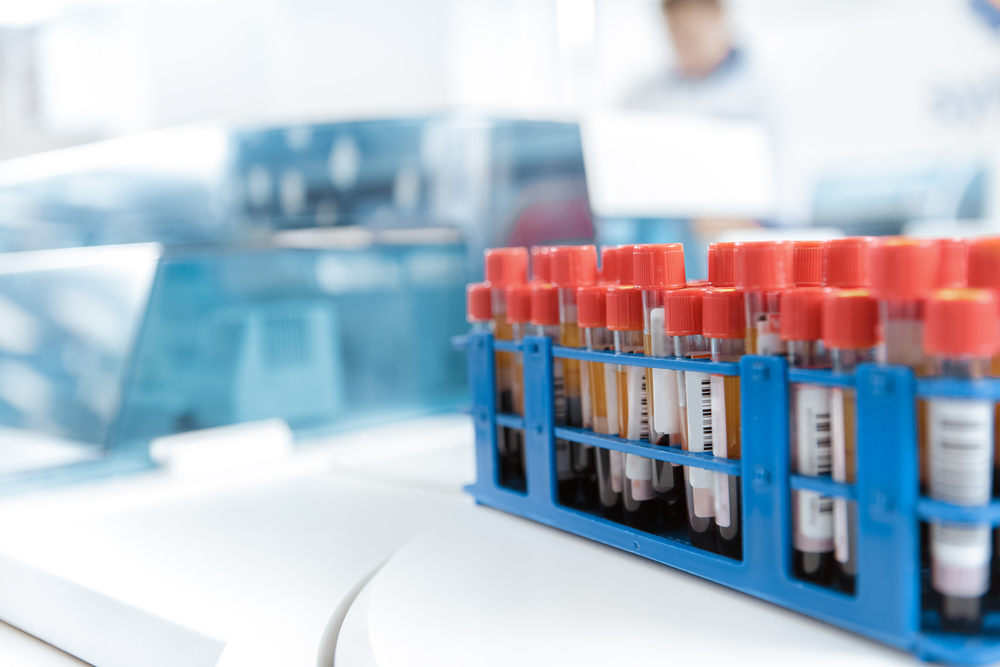
Aec test for what?
Eosinophilia is a medical condition characterized by an abnormally high level of eosinophils in the blood. Eosinophils are a type of white blood cell that plays a crucial role in the immune system's response to allergic reactions, parasitic infections, and certain other diseases.
Eosinophilia occurs when the body produces an excessive number of eosinophils in response to various triggers, such as allergies, infections, autoimmune disorders, or certain types of cancer. While a small number of eosinophils in the blood is normal, an elevated count may indicate an underlying health issue.
What causes high AEC count symptoms?
There are several potential causes of high aec count of eosinophilia, ranging from allergic reactions to serious medical conditions. Allergies to environmental triggers like pollen, dust mites, or certain foods can stimulate the body to produce more eosinophils. Additionally, parasitic infections, such as roundworms or hookworms, can lead to eosinophilia as the body mounts an immune response to the invaders.
In some cases, autoimmune disorders like rheumatoid arthritis or inflammatory bowel disease may also cause eosinophilia, as the immune system mistakenly attacks healthy tissues. Rarely, certain types of leukemia or lymphoma can result in eosinophilia as well.
What can happen if there is a high AEC count?
When the eosinophil count is high, it can lead to various symptoms and complications depending on the underlying cause. In mild cases, eosinophilia may not cause any noticeable symptoms, but in more severe instances, individuals may experience symptoms such as fatigue, fever, rash, difficulty breathing, or swelling.
n addition to symptoms, high eosinophil levels may indicate an increased risk of complications, such as tissue damage, organ dysfunction, or systemic inflammation. Timely diagnosis and treatment are crucial to managing eosinophilia and preventing potential complications.
What are Eosinophilia high AEC count symptoms?
Symptoms of eosinophilia can vary widely depending on the underlying cause and the severity of the condition. Common symptoms associated with eosinophilia may include:
- Fatigue
- Fever
- Rash or skin irritation
- Difficulty breathing or wheezing
- Abdominal pain or discomfort
- Swelling, particularly in the hands, feet, or face
It's essential to consult a healthcare provider if you experience persistent or severe symptoms, as they may indicate an underlying medical condition requiring treatment.
How do healthcare providers diagnose Eosinophilia?
To diagnose eosinophilia, healthcare providers typically start by performing a thorough medical history and physical examination. They may inquire about symptoms, past medical conditions, allergies, and recent exposure to potential triggers.
Diagnostic tests commonly used to evaluate eosinophilia include blood tests to measure eosinophil levels, as well as other markers of inflammation or infection. In some cases, additional tests such as imaging studies, allergy testing, or tissue biopsy may be necessary to identify the underlying cause of eosinophilia.
What can I expect if I have Eosinophilia?
If you have eosinophilia, your healthcare provider will work with you to develop an individualized treatment plan based on the underlying cause and severity of your condition. Treatment may involve addressing the underlying trigger, such as avoiding allergens or treating parasitic infections.
In cases where eosinophilia is caused by an autoimmune disorder or other medical condition, treatment may include medications to suppress the immune system, reduce inflammation, or manage symptoms. Regular monitoring of eosinophil levels and overall health is essential to track progress and adjust treatment as needed.
Conclusion
In conclusion, eosinophilia is a medical condition characterized by an elevated level of eosinophils in the blood. While eosinophilia can occur for various reasons, including allergies, infections, autoimmune disorders, or certain cancers, timely diagnosis and treatment are essential to manage symptoms and prevent complications.If you experience symptoms of eosinophilia , it's crucial to consult a healthcare provider on Asto Labs Chennai for proper evaluation and management.






